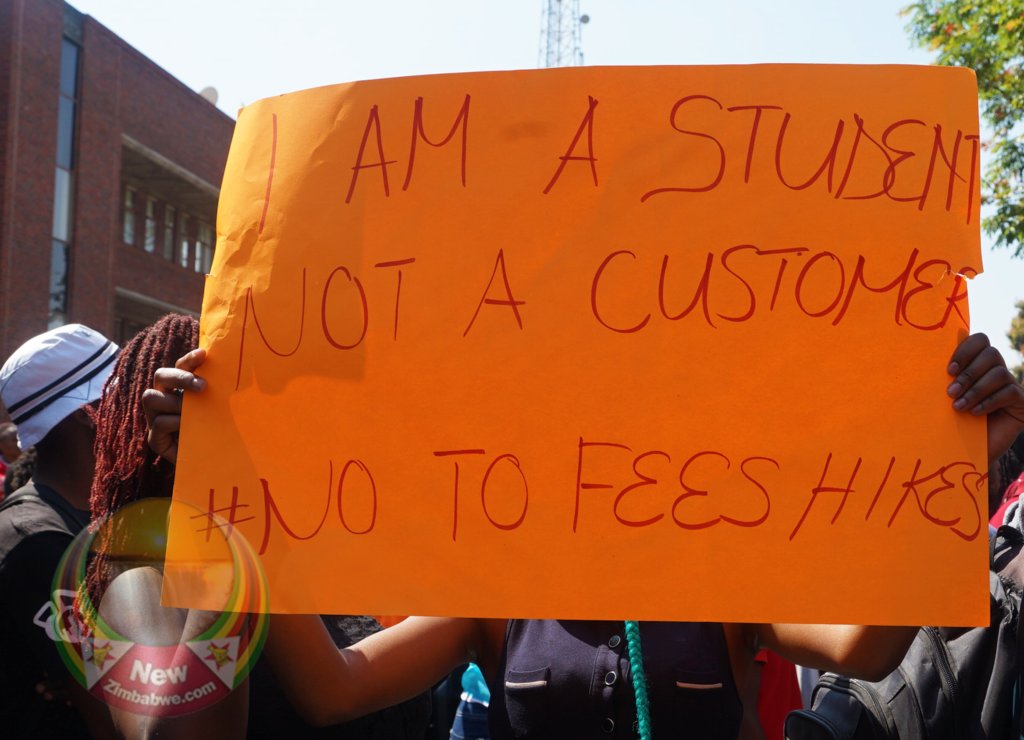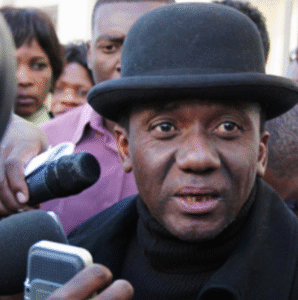CRACKING DOWN ON DISSENT: ILLEGAL ARREST OF UZ STUDENTS IN ZIMBABWE THREATENS DEMOCRACY AND FREEDOM OF SPEECH

In a distressing turn of events, the illegal arrest of students from the University of Zimbabwe (UZ) has sent shockwaves through the nation, raising concerns about the erosion of democracy and freedom of speech. This brazen act serves as a stark reminder of the growing suppression of dissenting voices and the stifling of academic freedom within the country.
The incident unfolded on a fateful day when a group of UZ students organized a peaceful protest, voicing their concerns over a range of issues, including rising tuition fees and the deteriorating quality of education. As they assembled on campus, the air was filled with determination and a collective desire for change. However, their hopes for a peaceful demonstration were shattered when security forces descended upon them with unwarranted aggression.
The students, armed with nothing more than placards and a passion for justice, found themselves caught in a web of intimidation and violence. The very foundations of democratic principles were undermined as they were forcefully apprehended and whisked away without due process. Their only crime was daring to exercise their right to express their grievances and demand accountability from the authorities.
The illegality of these arrests cannot be overstated. The right to peaceful assembly and freedom of speech are fundamental pillars of any democracy, ensuring that citizens have a voice in shaping their own future. By trampling upon these rights, the Zimbabwean government is sending a chilling message to its people: dissent will not be tolerated.
The students, who should be lauded for their courage and activism, now find themselves facing a harsh reality. They are treated as criminals rather than catalysts for change, subjected to intimidation, threats, and even physical violence. This heavy-handed response from the authorities not only silences their voices but also sets a dangerous precedent for the future of democracy in Zimbabwe.
The implications of these arrests extend far beyond the immediate victims. They cast a dark shadow over the entire academic community, instilling fear and self-censorship. Students and faculty alike are left questioning whether they can freely express their ideas, challenge the status quo, or engage in critical thinking without facing persecution. The very essence of education, which thrives on open dialogue and intellectual exploration, is under threat.
Democracy relies on a healthy exchange of ideas and diverse perspectives. By suppressing dissent and targeting students, the government is effectively stifling the intellectual growth of its future leaders. It is robbing the nation of the opportunity to foster innovative thinkers, problem solvers, and agents of positive change.
The international community must not turn a blind eye to this assault on democracy. Leaders, human rights organizations, and advocates for freedom of speech must raise their voices in solidarity with the UZ students. Diplomatic pressure, awareness campaigns, and calls for accountability are crucial to ensure that such flagrant violations of human rights do not go unnoticed or unchallenged.
The illegal arrest of UZ students in Zimbabwe serves as a grave threat to democracy and freedom of speech. It highlights the deteriorating state of affairs within the country and the erosion of fundamental rights. The international community must rally behind these courageous students, amplifying their voices and standing firm in the face of oppression. Only through collective action and unwavering support can we hope to restore the democratic principles that lie at the heart of a just and free society.




